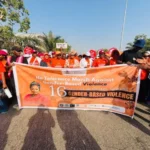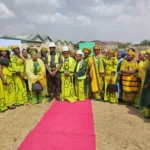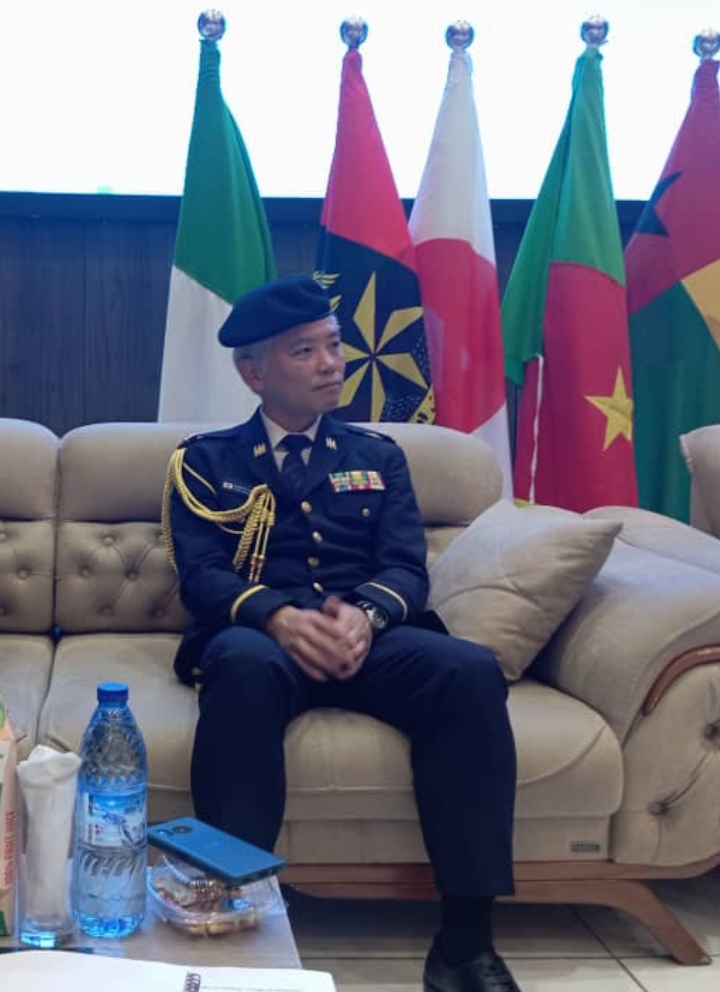One-China principle cornerstone of China-Nigeria partnership— Envoy
By Sarafina Christopher China’s Ambassador to Nigeria, Yu Dunhai, on Thursday in Abuja, said that Nigeria’s consistent adherence to his country’s One-China principle was the cornerstone of growing China-Nigeria partnership. He stated this at a symposium held by the Chinese Embassy to commemorate the 80th anniversary of China’s victory inContinue Reading













